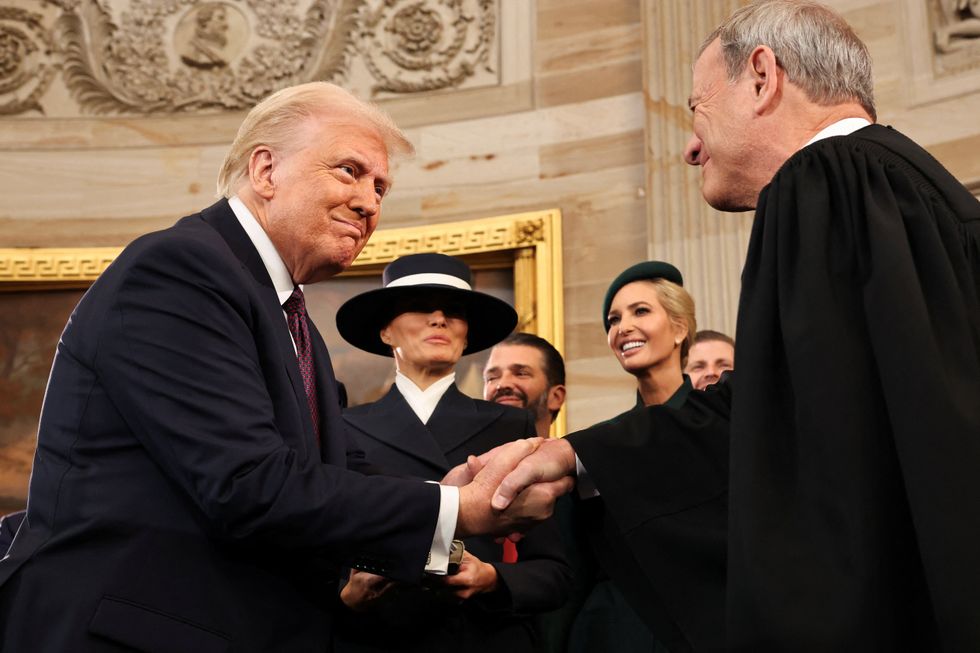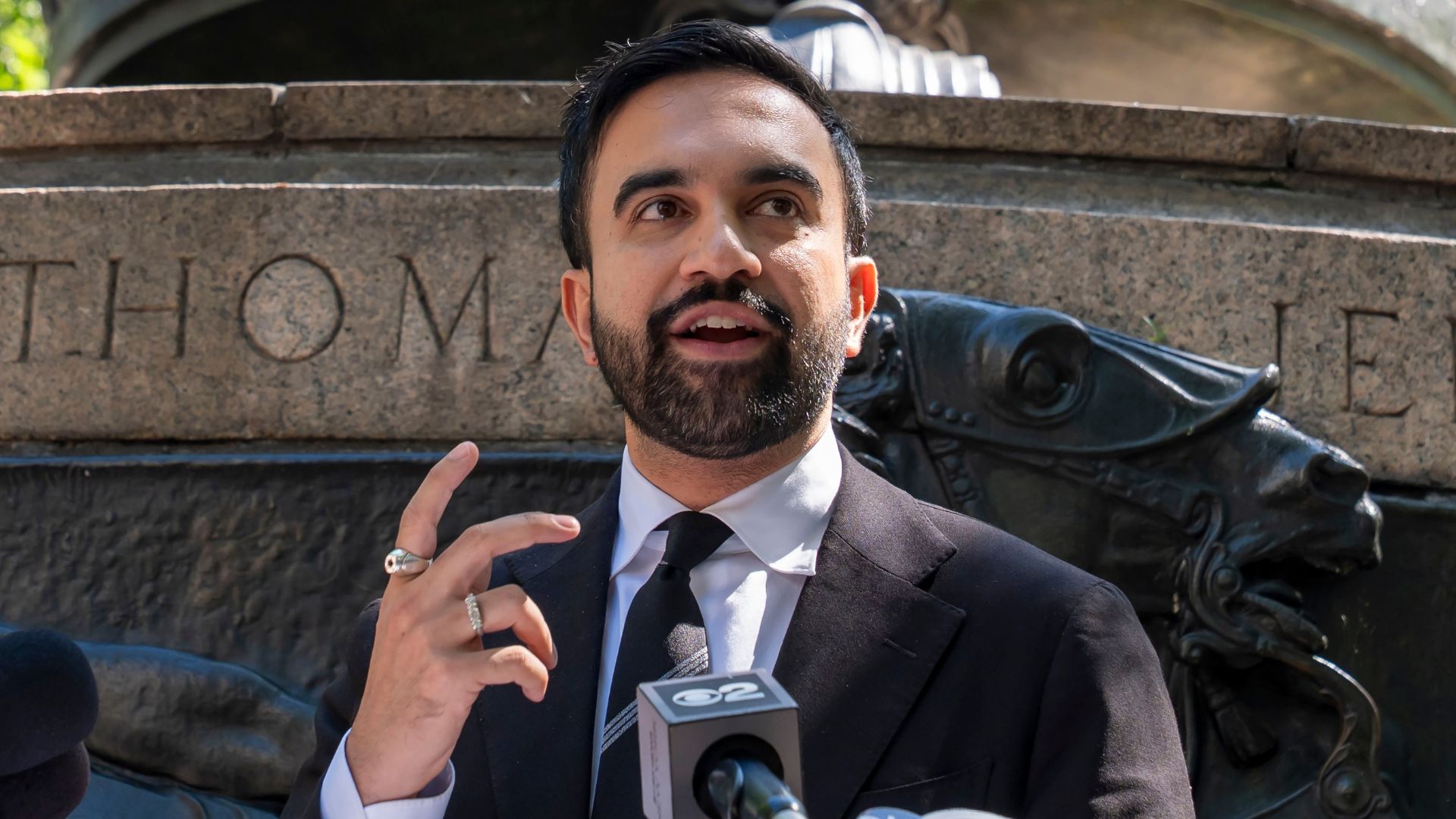The post Why Polygon Has the Perfect Product-Market Fit for the Post-Dollar World appeared com. Polygon provides an Ethereum-compatible scaling solution that allows applications, like tokenized gold platforms, to operate on a global scale. Seong, a developer at Polygon, explains that with this, Polygon has already established itself as the bridge between DeFi and real-world markets. Polygon co-founder and CEO Sandeep Nailwal shared a milestone on X, announcing that the network had achieved its highest daily payment app volume of 2025, hitting $72 million in transactions. Nailwal highlighted particularly strong growth in Latin America, noting that the payments app Avenia. io alone drove $25 million in volume in a single day. “Reached 2025’s highest daily payment app volume last week at $72M! More and more growth is happening in Latin America, with Avenia. io driving $25M in volume in a single day. Looking forward to meeting Latin American builders at Money Rails at DevCon,” he wrote. is not aware of the global economies that are shifting atm,” Seong began, referencing several key developments. The U. S. Argentina, facing chronic inflation and debt default risk, represents a typical case where the IMF is heavily influenced by U. S. policy. steps in with dollar loans. Seong also notes the asymmetrical resilience of the global financial system, in which emerging markets often lack deep capital markets and foreign reserve buffers, leaving them vulnerable to capital flight. It’s a cycle: the dollar strengthens, their currencies collapse, and inflation rises. China has had an ongoing initiative to reduce its holdings.
Category: general
Chinese hackers target European diplomats with Windows zero-day flaw
That should be all the information you need to solve for the Entertainer Charles billed as the Genius crossword clue! Be sure to check more clues on our Crossword Answers. The post Entertainer Charles billed as the Genius Crossword Clue appeared first on Try Hard Guides.
That should be all the information you need to solve for the Valorous crossword clue! Be sure to check more clues on our Crossword Answers. The post Valorous Crossword Clue appeared first on Try Hard Guides.
The New York Times reports that on Wednesday, the Supreme Court will “consider for the first time whether to say ‘no'” to President Donald Trump “in a lasting way” as they weigh in on the president’s “use of emergency powers to impose sweeping tariffs on nearly every U. S. trading partner.”According to the Times, the case is a difficult one, made even worse by Trump’s “efforts to personalize the dispute. Observers of the court said the justices would be keenly aware that Mr. Trump would perceive a legal defeat as a personal blow,” the Times notes. Donald B. Verrilli Jr., who was the solicitor general during the Obama administration, agrees, saying “You can’t help but think that that’s going to be hovering over the decision-making process in this case.” Thus far, the Supreme Court’s six conservative justices have “so far been receptive to Mr. Trump’s claims of presidential authority,” the Times says. The tariffs case, however, is the first time the justices will weigh in on “the underlying legal merits” of Trump’s actions.”At the end of this term, we’ll see wins and losses for Trump on presidential power,” said Jack Goldsmith, a Harvard Law School professor and former top Justice Department lawyer under George W. Bush. “This is the case I think is the closest, so I don’t know which way it will cut.”This case, the Times says, “has divided the conservative legal community.”Trump’s lawyers say an obscure 1977 statute “gives him broad authority to impose tariffs when he believes an emergency exists,” but that law doesn’t mention “tarrifstaxes”, or “duties,” the Times explains.“Emergency powers are meant to be used in emergencies,” said Michael W. McConnell, a former federal appeals court judge nominated by President George W. Bush, who is leading the coalition of small businesses. “No Supreme Court would want to provoke a confrontation with a president of the United States unnecessarily, but on the other hand, the law is the law.”University of Texas at Austin law professor Tara Lee Grove says may find it “a stretch” to characterize trade deficits as an emergency, but the ’77 statute, she says, is “broad and appears to give the president a lot of discretion.”“The justices will be struggling with whether they want to second-guess any presidential decision about an emergency,” she said. Court observers have pointed to a dissenting opinion from Judge Richard G. Taranto, who was appointed by President Barack Obama, as a possible guidepost for the Supreme Court’s conservatives, should they back Trump, the Times explains. Taranto, the Times says, “argued that Congress intentionally used broad language to give presidents flexibility,” embodying “an eyes-open congressional grant of broad emergency authority in this foreign affairs realm.”D. John Sauer, the solicitor general, said Trump’s use of the ’77 statute to impose tariffs was not an unlimited delegation of power and referred to Judge Taranto’s dissent 10 times in his filing. Grove says the court will face a “legitimacy dilemma” as “they weigh the implications of their decision for the president’s legacy and the economy.”“No matter what they do in this case, it will be painted as political,” Grove says. Goldsmith says that he thinks the Supreme Court still has some integrity, but if Trump attends oral arguments as he said he intends to, things can get “awkward.”“I doubt the court wants to be perceived as bowing down to him,” Goldsmith says, but if Trump does show up, “it’s just going to make it harder for them to rule for him.”.
Socialist NYC Mayoral Candidate Mamdani Faces Two Criminal Investigations [WATCH]
That should be all the information you need to solve for the Buena ___ Social Club crossword clue! Be sure to check more clues on our Crossword Answers. The post Buena ___ Social Club Crossword Clue appeared first on Try Hard Guides.
That should be all the information you need to solve for the Dracula’s favorite order at the bar? crossword clue! Be sure to check more clues on our Crossword Answers. The post Dracula’s favorite order at the bar? Crossword Clue appeared first on Try Hard Guides.
AEW star Will Ospreay is currently sidelined due to injury-related issues. The 32-year-old is one of the biggest names in the Tony Khan-led promotion and a former two-time International Champion.
Westpac CEO Anthony Miller discusses the bank’s full-year earnings and outlook




